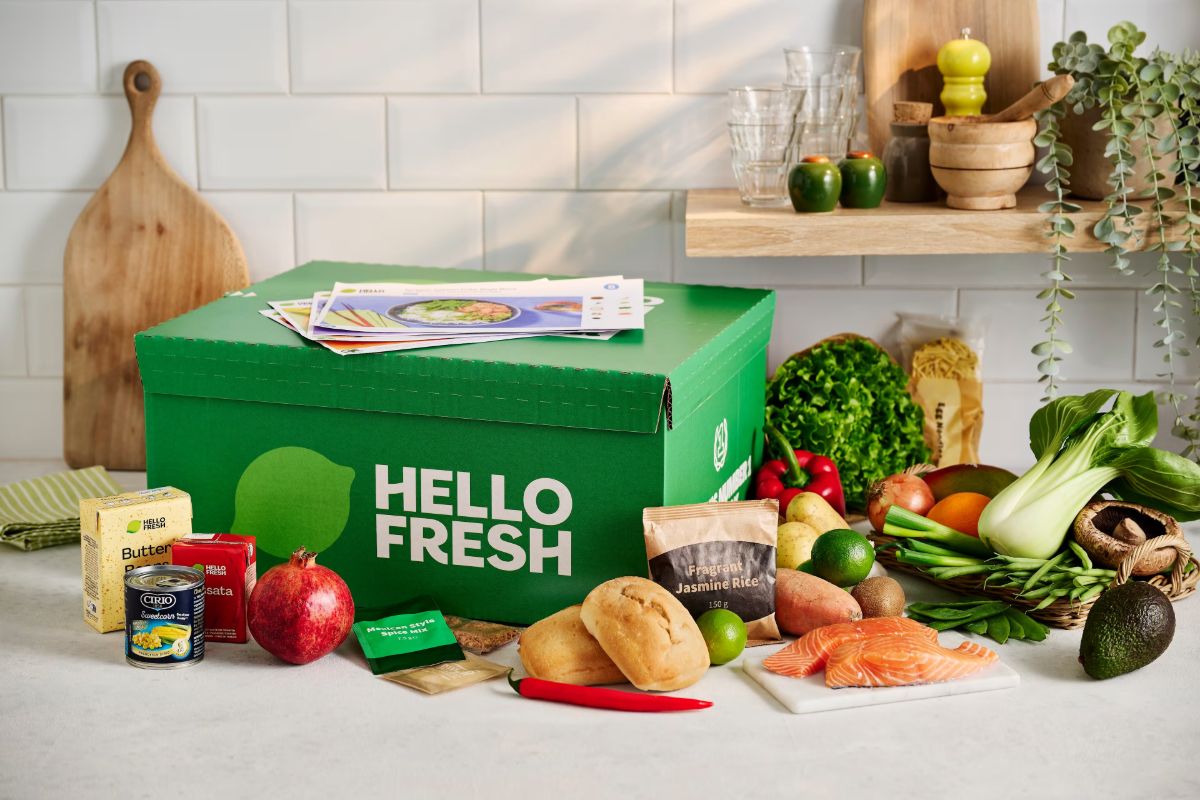Vodafone and Arm have struck a strategic partnership that they say will make it simpler for organisations to use the Internet of Things (IOT).
The partnership brings together Vodafone’s IoT platform with Arm’s IoT software and services, and will mean that instead of using traditional SIM cards to connect products to the internet, programmable and connected systems will be designed direct onto chips. This, say the two, will mean that customers can use and manage “massive numbers of IoT devices across global markets at a significantly lower cost and complexity.” Chipped products will be able to connect to the internet from anywhere in the world. Data from sensors on connected devices could help to improve agricultural yields, for example. Retailers such as Amazon are already using the IoT to enable connected items from printers to water filters to order replacement ink cartridges and filters when required. But this development could see the use of the IoT expand faster, say Vodafone and Arm.
Stefano Gastaut, IoT director at Vodafone, said: “Vodafone has been focused on building its global IoT platform and connectivity to enable the fast deployment of IoT services. Working together with Arm, we will combine the strengths of both companies to benefit our customers and break down the barriers, such as cost and complexity, which are hindering the adoption of the IoT for many.”
Dipesh Patel, president of the IoT Services Group at Arm, said: “Fragmentation, security and cost are three limiting factors in IoT, and we believe a strong partner ecosystem is critical in solving these challenges. This partnership will enable global enterprises to significantly reduce the cost and complexity of securely connecting their IoT devices at scale so they can quickly drive real value and actionable insights form their IoT data through our Pelion IoT platform.”
The first jointly-developed solutions will be available from Arm and Vodafone in the first quarter if its 2020 financial year.
Back in 2017, Vodafone opened up its own IoT network to consumers, and in 2018 built on that by releasing IoT connected devices including bag and pet clips that could be used to track an item’s whereabouts.
Image courtesy of Vodafone








